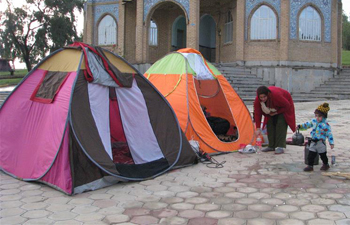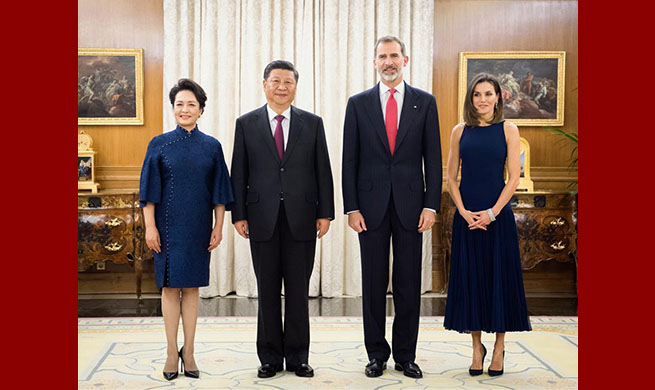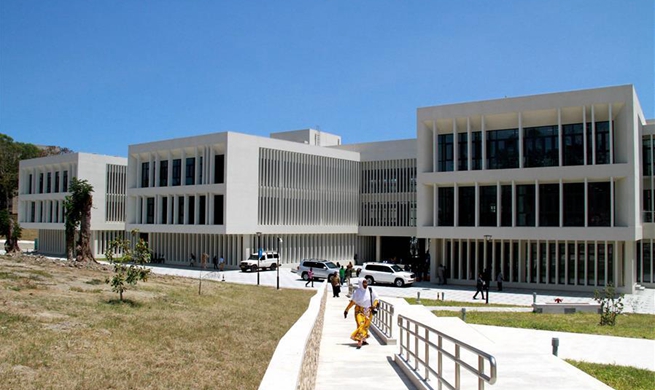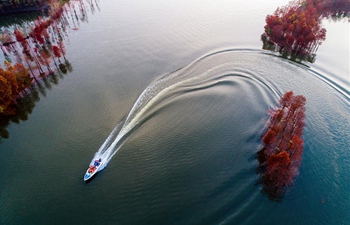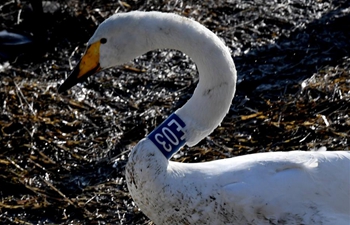NAIROBI, Nov. 28 (Xinhua) -- Participants at the Sustainable Blue Economy Conference in Nairobi have called for proper planning at sea to ensure the exploration of oil and gas at sea does not affect wildlife species.
"We have come to an understanding on the need to work together," January Makamba, the Tanzanian minister of State for Environment at the Vice President's office, said on Tuesday evening during a special session to discuss marine spatial planning.
Makamba said the proper planning and application of the right policies to allocate resources at the sea was crucial to protect the rich natural wealth at sea.
"You cannot delink what happens at sea from what happens inland," Makamba said, explaining that his country, Tanzania was struggling with the challenge of balancing the use of space at sea and acquisitions of land for oil and gas.
Makamba said natural resources obtained from the sea required space onshore to effectively exploit, which justified the need for synchronized planning of both.
The Tanzanian minister said there was need for international rules and regulations on how to develop and utilize resources obtained from the sea and how onshore oil would be processed and exported.
The marine planning specialists are examining how to effectively plan for the use of land onshore and offshore to balance human activity and biodiversity.
Experts say a focus is required on how to stimulate sustainable blue economy strategies through national and regional case studies and methods. The focus should remain on balancing the use resources at sea and conservation.
The ministers representing various countries from around the world are also exploring how to attract foreign funding for conservation of nature at sea.
Wallace Cosgrow, the Seychelles Minister of Environment, Energy and Climate Change, said continuous consultations were required on how to protect fish at sea.
He said consultation were required on how to conserve the marine ecology and how new technologies could be applied in the conservation of nature at sea.
Seychelles, an island nation in the Indian Ocean, has largely built its economy around tourism and the fisheries industries.
Currently, less than 7 percent of the world's oceans are under any form of protection which puts the lives of communities, the coral reefs and other marine fisheries species at risk.
Hazardous waste dumping at sea, oil spills and other environmental threats also threaten large water bodies and communities.
Somali President Mohamed Abdullahi Mohamed raised concerns about the threats faced by local communities during the conference.
President Mohamed, commonly known as Farmajo, called for protection from hazardous waste dumping and illegal fishing in a speech at the conference.
The protection of marine fisheries and other environmental threats which limits the use of marine resources has been top agenda at the conference.


